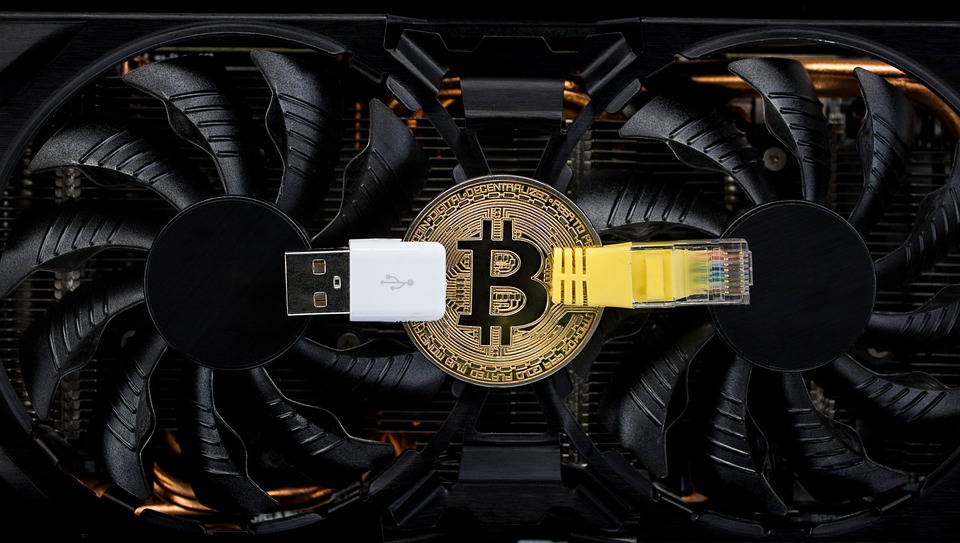In today’s global economy, the supply chain is the lifeblood of industries, facilitating the movement of goods and services across vast distances. However, the complexity of supply chains often leads to issues of inefficiency, fraud, and lack of transparency. As consumers become increasingly aware of the ethical implications of their purchases, companies are under pressure to provide clarity about their sourcing and manufacturing processes. Enter blockchain technology, a revolutionary tool that is transforming supply chain transparency by creating a secure, immutable ledger that enhances trust among all stakeholders.
The Need for Transparency in Supply Chains
Supply chains often involve multiple parties: manufacturers, suppliers, logistics providers, retailers, and consumers. Each link in this chain can create points of vulnerability where information can be manipulated, lost, or misrepresented. Issues such as counterfeit products, labor exploitation, and environmental concerns have become significant challenges in many industries. A lack of transparency can lead not only to ethical dilemmas but also to financial losses and damage to brand reputation.
Consumers today are demanding more information about the products they purchase. They want to know who made their clothes, how their food was sourced, and whether the materials used are sustainable. Businesses are recognizing that transparency is not just a regulatory requirement but a competitive advantage that can foster customer loyalty and trust.
How Blockchain Works
At its core, blockchain is a decentralized digital ledger that records transactions across multiple computers in such a way that the registered transactions cannot be altered retroactively. Each block in the chain contains a number of transactions, and every time a new transaction occurs, it is added to every participant’s ledger, creating a consensus among them. This structure ensures that all parties have access to the same information and can verify the authenticity of transactions independently.
Enhancing Supply Chain Transparency
-
Immutable Records: Blockchain provides an unchangeable record of every transaction within the supply chain. This means that all participants can trace the origin and journey of a product from its raw materials to the end consumer. An immutable ledger reduces the risk of fraud and manipulation, as it is nearly impossible to alter past transactions without detection.
-
Real-time Tracking: Through IoT devices and sensors integrated with blockchain, companies can monitor the movement of goods in real-time. This capability allows for better inventory management, reduces delays, and enhances efficiency. Real-time tracking also enables consumers to access information about when and how their products were shipped, fostering a deeper connection between brands and customers.
-
Smart Contracts: Blockchain can automate various processes within the supply chain using smart contracts—self-executing contracts with the terms of the agreement directly written into code. These contracts can streamline transactions, reducing the time and cost associated with traditional paperwork and approval processes. Smart contracts ensure that payments are released only when predefined conditions are met, promoting accountability among participants.
-
Improved Collaboration: Blockchain fosters greater collaboration by providing all parties with access to a single, transparent source of information. This accessibility reduces disputes, enhances communication, and encourages stakeholders to work together towards common goals, such as sustainability and ethical sourcing.
- Consumer Engagement: Brands can leverage blockchain technology to share product provenance with consumers. By scanning a QR code, for example, customers can access detailed information about the product’s journey through the supply chain. This level of transparency not only builds consumer confidence but also drives responsible purchasing behaviors.
Case Studies: Blockchain in Action
Several companies across various industries are already reaping the benefits of blockchain technology to enhance supply chain transparency:
-
Walmart has implemented blockchain to trace the origins of food products. This initiative allows the company to track products from farm to store, significantly reducing the time it takes to trace contaminated products back to their source.
-
De Beers, the diamond company, uses blockchain technology via its "Tracr" platform to ensure that diamonds are ethically sourced. By tracking diamonds from the mine to the retailer, De Beers can offer proof that their products are free from conflict.
- Everledger, a blockchain-based digital registry, focuses on verifying the provenance of high-value assets, such as wine, luxury goods, and diamonds. By providing a digital footprint for these items, Everledger enhances authenticity and reduces the risk of fraud.
Challenges and the Future of Blockchain in Supply Chains
Despite its numerous advantages, the adoption of blockchain in supply chains is not without challenges. Interoperability between different blockchain platforms, regional regulations, and the need for industry-wide standards remain hurdles to broader implementation. Additionally, significant investment in technology and training will be necessary for businesses looking to leverage blockchain effectively.
However, as the demand for transparency continues to grow, the potential of blockchain in supply chains is vast. The convergence of blockchain, artificial intelligence, and the Internet of Things (IoT) is expected to unlock new levels of efficiency and transparency, ushering in an era of accountability in supply chains.
Conclusion
Blockchain technology is proving to be a game-changer for supply chain transparency. By building trust among stakeholders and providing consumers with the information they crave, blockchain is not just enhancing operational efficiency but also redefining relationships between brands and customers. As businesses continue to embrace blockchain, the promise of a more ethical and transparent supply chain is becoming a reality, one block at a time.




